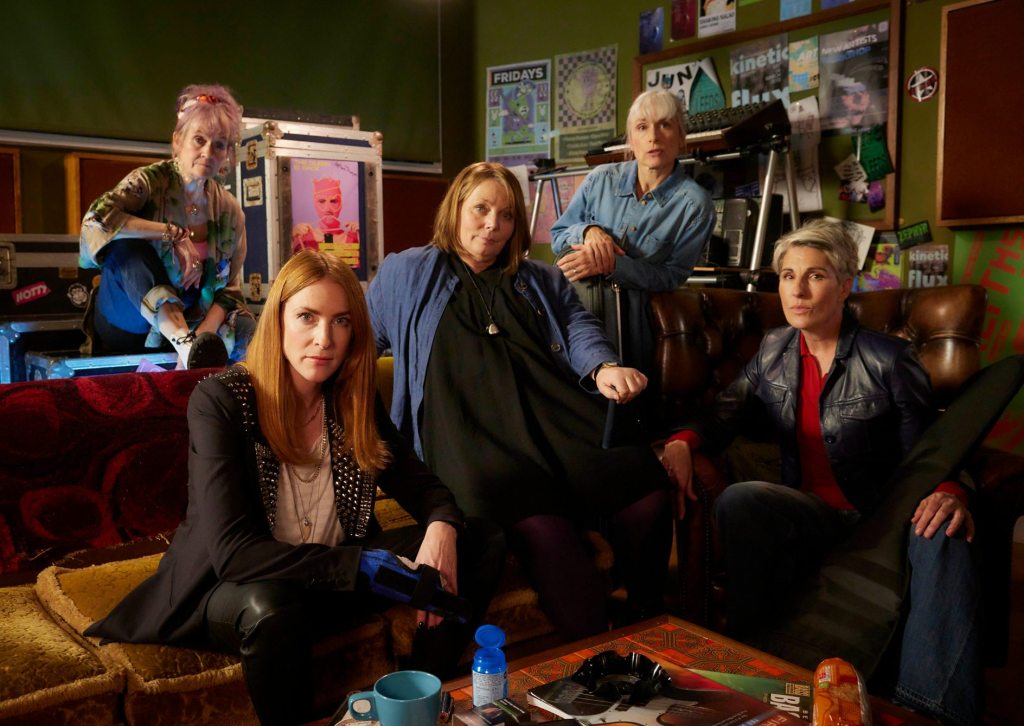As Oscar Wilde didn’t quite put it, for one MasterChef presenter to depart because of a scandal may be regarded as a misfortune, to lose both looks like carelessness. After Gregg Wallace received his P45 from the long-running BBC cookery show, his co-presenter John Torode has also been given the boot, having allegedly made a racist remark during filming in 2018 – a claim Torode denies. It is clear that all is not well behind the stove.
Wallace and Torde’s antics have made MasterChef a joke
Wallace and Torde’s antics have made MasterChef a joke. The stories about Wallace that have dominated the headlines over the last week have long since veered into ridiculousness – not least the piquant detail that he is apparently unable to wear underpants because of his autism. But when Torode put out a statement saying: ‘Personally I have loved every minute working on MasterChef, but it’s time to pass the cutlery to someone else. For whoever takes over, love it as I have’, it became clear that, whatever the future incarnation of the show, it will not be the same.
You do not have to be the greatest fan of either Wallace or Torode to acknowledge that the reason for MasterChef’s success in recent years was in large part because of their on-screen chemistry and how well they interacted with their guests. Each had their clearly defined persona. Wallace was the cheeky-chappie costermonger, ever ready with a quip or tension-deflating gag. Torode was the straight man, bringing a calming sense of order and confidence to proceedings.
The two began hosting the show in 2005, after Torode was chosen instead of the higher-profile and more acerbic food critic, the late AA Gill. An especially notable feature of MasterChef in the Wallace-Torode era was its kindness to contestants, some of whom made a veritable pig’s ear of the dishes that they were preparing. Gill, you imagine, would have made sneering, sarcastic comments about their ineptitude. But Torode and Wallace managed to bring a humanity and jocularity to proceedings that kept matters light and forever entertaining.
Since it was invented in 1990 by Franc Roddam, who film buffs may remember was the director of the Who film Quadrophenia, MasterChef has been one of the BBC’s most lucrative and beloved shows. The format has been sold to 65 other territories worldwide, where it is said to be watched by as many as 300 million people. Some of its most high-profile winners include the likes of Thomasina Miers, Dhruv Baker and Shelina Permaloo, who became the first woman of colour to win the show in 2012. It has, undeniably, been a great British success story, and the BBC will now be trying to find two permanent presenters who can replace Wallace and Torode and make viewers forget the scandals that have tainted the show in recent times.
This is understandable, but it is also tempting to suggest that it is time that MasterChef takes a break from television, perhaps an extended one. Thirty-five years is a very long time for any show to be on air, and the format was beginning to flag at times in recent years, despite the continued energy that its presenters brought to the screen.
While I don’t believe that anyone will be put off watching a revived incarnation of the show because of the opprobrium directed towards its former hosts – ‘Oh, John Torode said something dodgy seven years ago, I won’t watch the series that he used to present’ – now might be a valuable opportunity for its makers to pause and reflect what it could be in the future.
Axing MasterChef is not an easy decision. Should a Gill-esque host be hired to dispense haughty quips and withering put-downs? Or should the programme double down on hugs and tears, no doubt accompanied by would-be inspirational music? There are arguments for both, or an entirely different approach. But rather than the producers insisting on ‘business as usual’ and reaching for the contacts book of the usual suspects, recent events might lead them to take a step back. They should reconsider whether this show, now well into its fourth decade, could do with a proper rethink to keep it relevant and interesting and to ensure that the recent unflattering headlines are soon forgotten. Otherwise, this particular kitchen might end up shutting down, possibly for good.







Comments